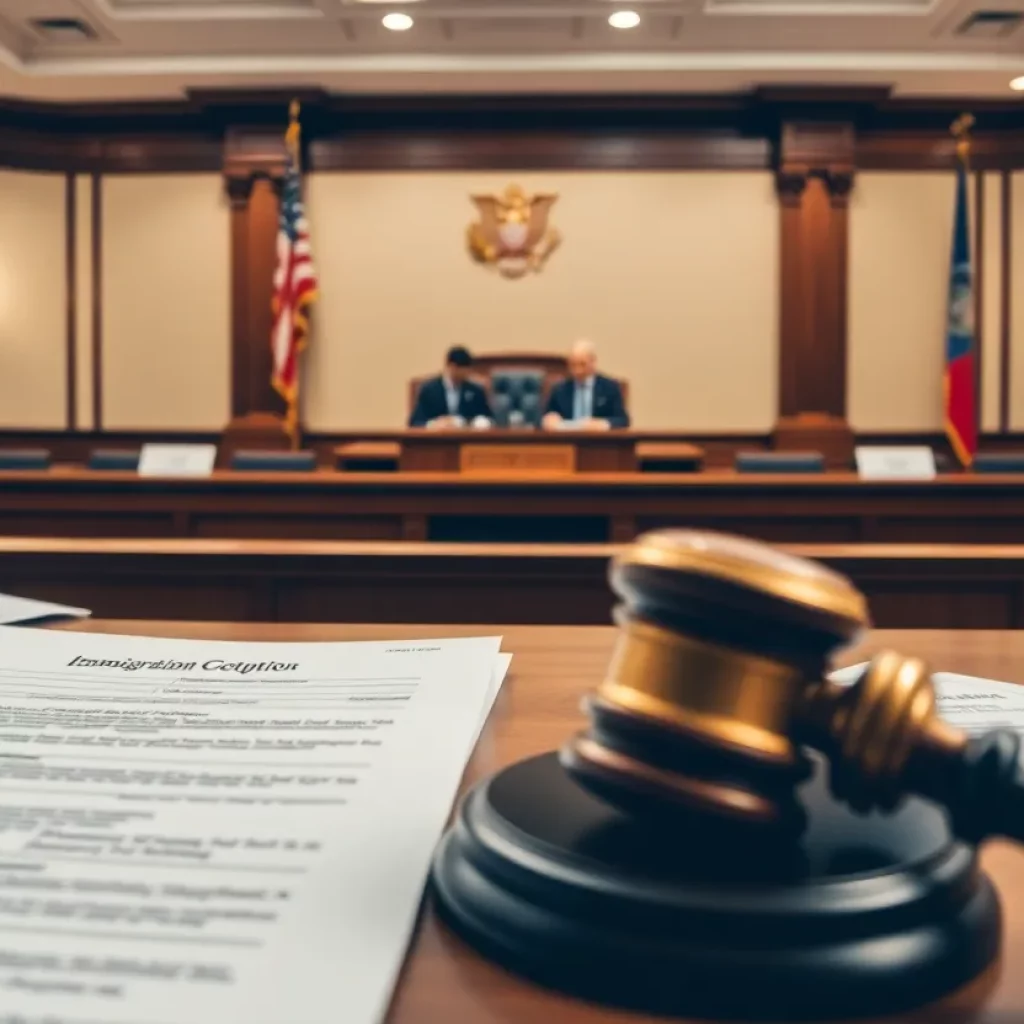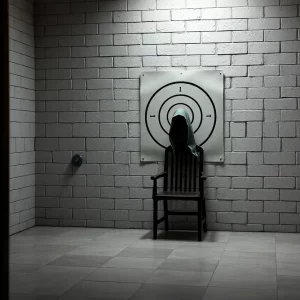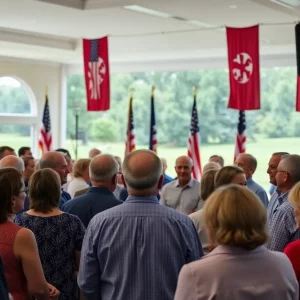News Summary
Legal challenges against the Trump administration are intensifying, particularly over controversial deportation flights aimed at gang members. Former lawyer John Yoo warns that ignoring judicial orders could jeopardize the legal system’s integrity. A recent emergency ruling halted deportations for 14 days, stirring responses from the White House, which argues for its executive power under the Alien Enemies Act. The interplay between judicial directives and executive authority raises critical questions about the separation of powers and the respect for judicial rulings as the administration battles to secure its immigration policies.
Legal Turmoil: Trump’s Deportation Flights Under Fire
Legal battles enveloping the Trump administration continue to escalate as the White House faces mounting pressure over immigration enforcement policies, notably the controversial deportation flights intended for suspected gang members. John Yoo, a prominent former lawyer from the Bush administration, has issued a stark warning to the White House regarding the potential consequences of ignoring judicial orders. He cautioned that such a decision would be a “terrible mistake” that could undermine the integrity of the legal system itself.
A Historical Perspective on Judicial Defiance
Yoo emphasized the severity of defying a court ruling, reminding that only one president has ever done so in U.S. history—Abraham Lincoln during the Civil War. The implications of bypassing judicial authority, according to Yoo, could set a dangerous precedent that reverberates throughout the branches of government. With over a dozen injunctions already issued against Trump’s immigration-related policies, the stakes are undeniably high.
Emergency Orders and Executive Powers
On March 15, U.S. District Judge James Boasberg stepped in with an emergency order that halted deportation flights of alleged gang members to El Salvador for a period of 14 days, triggering a storm of controversy. The Trump administration’s response has been uncompromising; officials argue that the order came too late to avert the turnaround of two deportation flights already en route.
The administration claims it is egregious for a district judge to dictate the terms and processes surrounding deportation efforts. White House press secretary Karoline Leavitt defended Trump’s actions, asserting that the president is operating well within his Article II powers as outlined in the Alien Enemies Act.
Judicial Authority and Executive Overreach
Legal experts are torn over the situation, highlighting the tension between ensuring that judiciary mandates are followed and preserving the autonomy of the executive branch. Some voices in the Republican camp have taken to denouncing the judicial intervention as a breach of the separations of power by what they describe as “activist judges.” However, a critical voice came from within the judicial system itself, as judges on the D.C. Circuit Court of Appeals expressed skepticism about the justification provided by the Trump administration for invoking the Alien Enemies Act.
The Chaos Behind Deportation Orders
In this intricate legal saga, the Department of Justice argued that Boasberg’s order to turn planes around was effectively unenforceable, claiming it did not provide adequate time for the government to react. Legal actions have prompted the administration to file an emergency request to the U.S. appeals court, claiming that the lower court’s ruling imposes an unauthorized limitation on its executive authority.
The D.C. Circuit Court responded by denying the administration’s demand for a stay, a move that ensures the temporary block on deportations remains in effect as legal questions surrounding the administration’s strategies continue to be assessed.
Critiques from the Courts
Judge Millett has delivered pointed critiques regarding the government’s compliance with legal protocols, underscoring the necessity for the administration to provide impacted individuals with sufficient notice to pursue relief. Meanwhile, advocacy groups are celebrating the appellate court’s ruling that effectively shields hundreds from potential deportation, citing concerns over violations of due process for immigrants and the fairness of their respective trials.
Evolving Tensions Highlight Legal Complexities
As this multifaceted situation unfolds, it serves as a case study of the growing tensions between the Trump administration and federal courts. The ability to enforce immigration policies is now tethered to ongoing judicial scrutiny with implications that reach far beyond individual deportation cases.
In summary, the intersecting paths of immigration policies and judicial authority reveal a complex legal landscape marked by ongoing litigation and shifting dynamics that challenge the balance of power among the branches of government. The outcome of these legal battles will likely have lasting effects on the administration’s immigration enforcement strategies and the rights of individuals facing deportation.
Deeper Dive: News & Info About This Topic
HERE Resources
Trump Administration Targets Lawyers with Legal Retaliation Memo
Trump Administration Moves to Revoke Legal Status for Over 1.8 Million Migrants
Lawyer Challenges Trump Administration’s Deportation of Venezuelans
Federal Judge Halts Deportation of Georgetown Researcher
Judge Weighs Contempt Ruling on Trump Administration’s Venezuelan Deportations
Federal Court Transfers Case of Palestinian Activist to New Jersey
Greenville Supports Immigrant Impact with Business Closure
French Politician Calls for Return of Statue of Liberty
Trump Administration Intensifies Crackdown on Pro-Palestinian Protests
Missouri’s Lawyer Andrew Bailey Leads Legal Challenges
Additional Resources
- Fox News
- Wikipedia: Alien Enemies Act
- Associated Press
- Google Search: Trump administration immigration policies
- Encyclopedia Britannica: Immigration Law
























